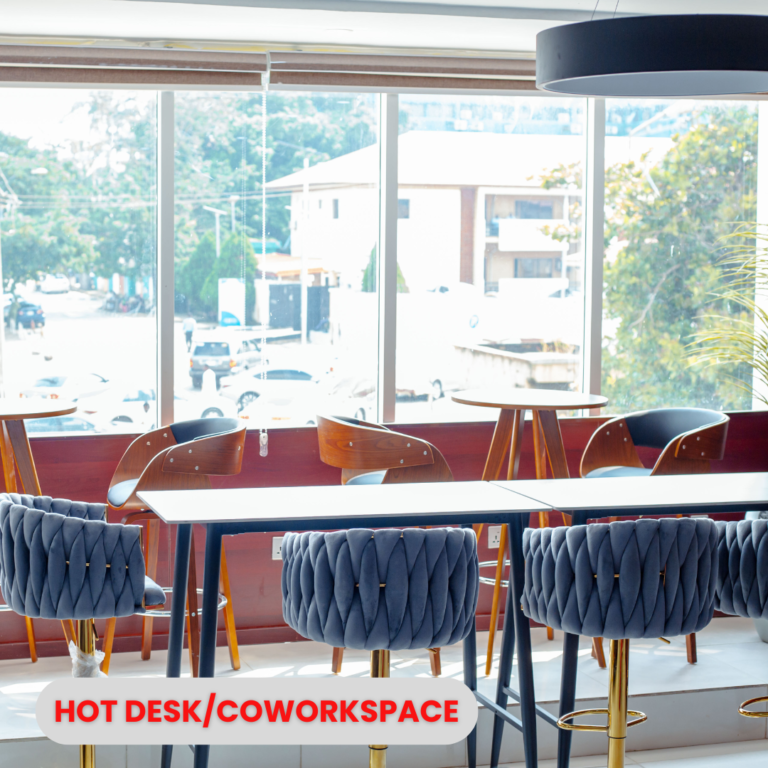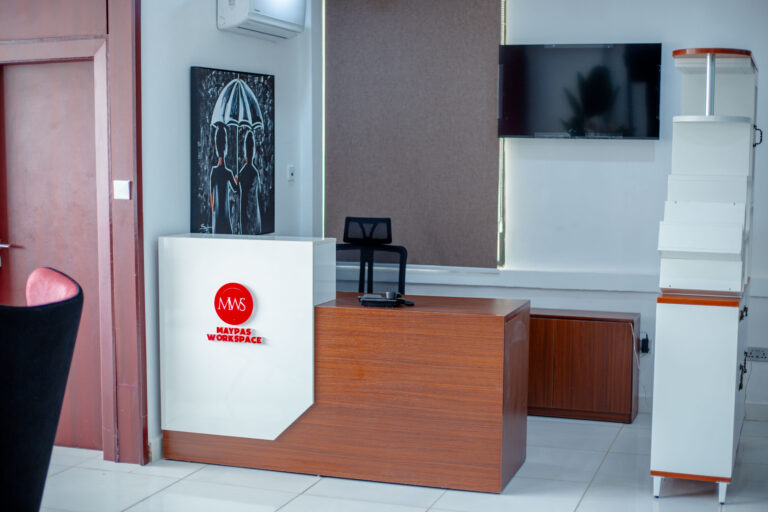Coworking Spaces – A Trend or the Future of Business?
In today’s dynamic work environment, the traditional office, with its rigid walls and routine water cooler chats, is being overtaken by coworking spaces. These shared work environments offer creativity, flexibility, and connectivity, appealing to freelancers, startups, and even large companies. But is coworking just a passing trend, or does it represent the future of business?
The Rise of Coworking Spaces
Coworking spaces have emerged as a response to a workforce that’s becoming more independent and entrepreneurial. According to the U.S. Bureau of Labor Statistics, independent workers, including freelancers and solopreneurs, were projected to make up 40% of the workforce by 2020. This shift highlights a need for adaptable workspaces that nurture innovation and collaboration.
Beau Button, founder of The Dojo coworking space in New Orleans, believes this evolution is inevitable:
“No longer the exception, coworking spaces will be the rule.”
The Dojo exemplifies the coworking model, fostering a creative hub where developers, designers, and other professionals collaborate to share ideas and solve problems.
Benefits of Coworking Spaces
Coworking goes beyond providing a workspace. These environments are hubs of creativity, collaboration, and growth. Unlike working from home or in coffee shops, coworking spaces foster innovation and connection, which are vital for personal and professional development.
A study from Harvard University emphasizes the role of proximity in innovation, showing that even in the digital age, face-to-face communication fosters creativity and impactful problem-solving.
Andrea Chen, executive director of Propeller Incubator, highlights the collaborative benefits:
“People no longer want walls around them. They want to make connections and feel connected.”
Propeller, a socially focused coworking space, has seen its tenants partner on projects like the award-winning app NOLAparks.com, illustrating how coworking fosters meaningful collaborations.
Wellness and Productivity in Coworking Spaces
Isolation is a common challenge for modern workers, whether they’re coding at home or typing away in a noisy coffee shop. Coworking spaces combat this issue by creating supportive communities that enhance productivity and wellness.
Findings from an annual survey by Deskmag reveal the advantages:
- 71% of coworking participants report increased creativity.
- 62% feel their work quality improves.
- 90% experience higher confidence levels.
- 70% note improved health due to reduced stress and flexible work schedules.
These benefits result from coworking’s unique environment, which minimizes the pressures of office politics while providing access to a growing professional network.
Coworking for Corporations
While coworking initially gained traction with freelancers and startups, large corporations like AT&T and Zappos are now leveraging these spaces. They recognize coworking as a way to foster innovation and teamwork, even within large organizations.
The Future of Workspaces
Coworking spaces are reshaping the business landscape. With their focus on collaboration, flexibility, and community, these spaces cater to the demands of today’s workforce. As traditional offices become outdated, coworking is positioning itself as the workplace of the future—a solution that benefits individuals and businesses alike.
Coworking is not just a trend; it’s a transformative movement redefining how we work and thrive in a connected world.







